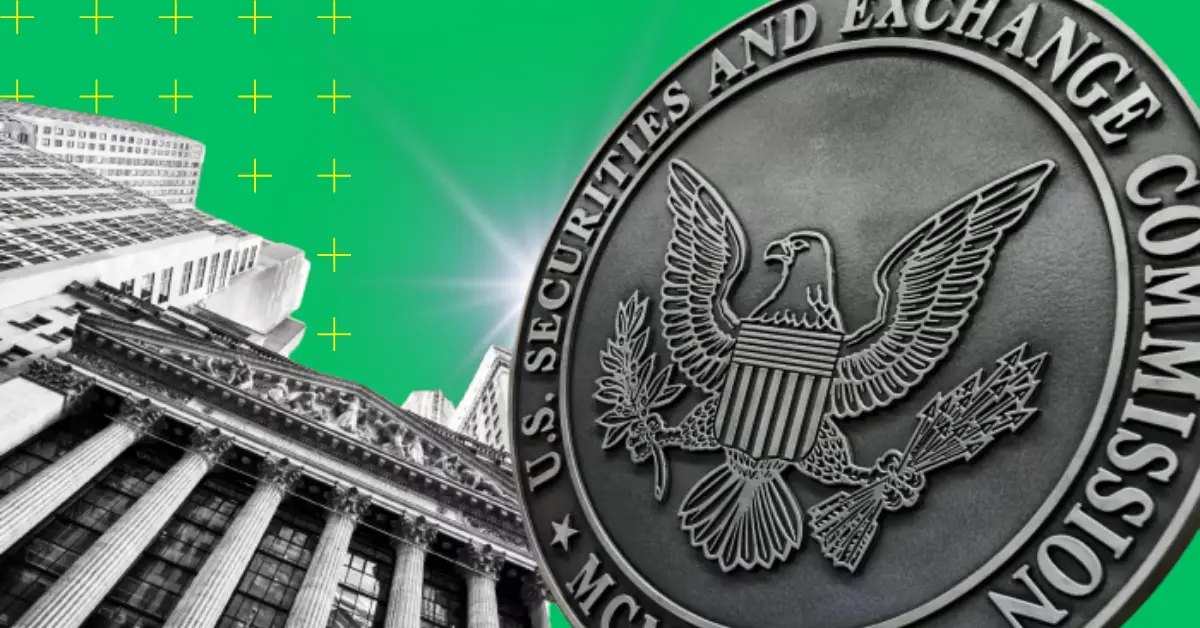
The SEC has issued guidance urging crypto firms to enhance transparency in their disclosures.
SEC's statement outlines disclosure expectations for crypto-related offerings, focusing on business models, risks, and technical details.
SEC is providing its current views to guide compliance with existing securities laws.
The U.S. Securities and Exchange Commission (SEC) has released new guidance on how federal securities laws apply to crypto asset-related offerings and disclosures. It’s a move that could shape how crypto companies operate moving forward, especially those dealing with tokens that might fall under the label of securities.
While the guidance isn’t a hard rule, it signals where regulators are heading. And with a new crypto task force and the first pro-crypto law just signed into action, there’s a lot unfolding behind the scenes.
Here’s what you need to know.
‘Material Aspects’ to Be Disclosed
In its latest statement, the SEC said companies need to clearly explain important details about their business models. This comes just ahead of a scheduled roundtable on crypto trading. While the guidance isn’t legally enforceable, it’s part of a wider effort to clarify how U.S. securities laws apply to digital assets.
Although the guidance refers to information from past company filings, the SEC did not specify which tokens count as securities or when clearer rules will be announced.
The statement explained:
“These offerings and registrations may involve equity or debt securities of issuers whose operations relate to networks, applications, and/or crypto assets. These offerings and registrations also may relate to crypto assets offered as part of or subject to an investment contract (such a crypto asset, a ‘subject crypto asset’),” the statement said.
What the SEC Wants Companies to Disclose
The SEC’s guidance focuses on how disclosure rules apply to equity and debt securities connected to crypto assets. It says companies should clearly state:
- The risks related to their business operations
- The security, volatility, liquidity, and supply of their crypto assets
- Technical details like whether the asset is divisible and if it uses smart contracts
The SEC has reviewed earlier crypto disclosures, which often include details like whether the company is building a blockchain network, how far along the project is, how the network is being used, and the tech behind it.
Many companies have also disclosed how the tokens work and what rights holders have.
The SEC stressed that this guidance only reflects the views of its Division of Corporation Finance and does not carry legal weight. It’s meant to offer insight ahead of the SEC’s upcoming roundtable and give crypto firms a better idea of what’s expected.
Commissioner Peirce: Classification Still in Progress
SEC Commissioner Hester Peirce posted on X, saying the SEC isn’t currently labeling crypto assets as securities. However, if a token is later determined to be a security—or if the company operates in the crypto space—the agency is offering guidance on how to meet disclosure requirements under federal law.
Acting SEC Chair Mark Uyeda has formed a new Crypto Task Force to work on creating clear rules for the industry, including registration and disclosure guidelines. In the meantime, the SEC’s division is sharing its current views to help companies stay informed and prepared.
Trump Repeals IRS ‘DeFi Broker Rule’
In a major development, President Donald Trump has officially repealed the IRS’ “DeFi Broker Rule,” marking the first pro-crypto law in U.S. history. This repeal is seen as a major step toward more crypto-friendly regulation in the country.
Never Miss a Beat in the Crypto World!
Stay ahead with breaking news, expert analysis, and real-time updates on the latest trends in Bitcoin, altcoins, DeFi, NFTs, and more.
One foot on the gas, one on the brakes—that’s the current pace of U.S. crypto policy, and everyone’s watching the next move.
This is just a guidance statement over what the regulators expect, part of wider efforts to clarify how the US securities rules apply to digital assets.
Mostly yes, beacuse the clearer guidance statement and the recent SEC actions like the removal of the strict IRS rules indicates a shift towards more crypto-friendly environment.







